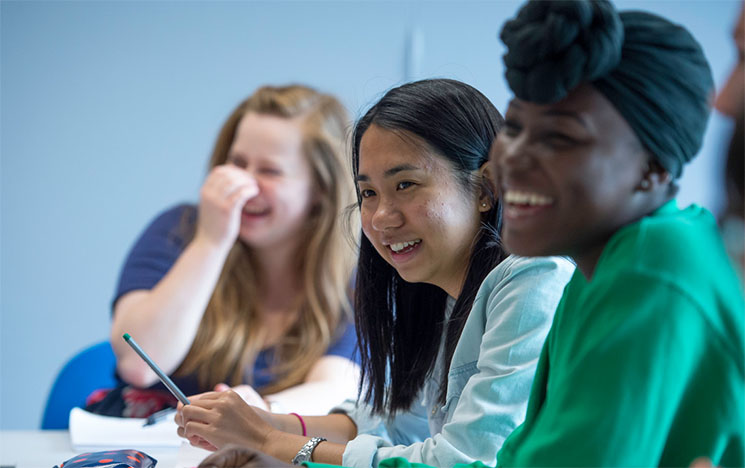International relations
Study at the home of the Institute of Development Studies – the best department for Development Studies in the world*. Browse our international relations modules below, and if you're unsure what to study, follow our top tips for how to choose a module.

Browse our modules
You can see our full list of international relations modules below.
Year 1
Year 2
Year 3
-
Autumn Semester
- Empires, Nations, and the Making of Modern Citizenship
- Indigenous Peoples, Development and the International
- Indigenous Peoples, Development and the International
- Palestine and the International
- Palestine and the International
- Religions in Global Politics
- Religions in Global Politics
- The Politics of Armed Groups: Rebels, State and Society
- Trade, (De)Globalisation, and the New Mercantilism
- Visualising War: Image, Media, and Culture
- What is War
- What is War
-
Spring Semester
- Activism, Development and Violence: Global Systems, Local Encounters
- Capitalism and Geopolitics
- Colonialism and Modern Social Theory
- Data Analysis for Global Challenges
- Data Analysis for Global Challenges
- Humanitarianism in Theory and Practice
- Humanitarianism in Theory and Practice
- Putin, Power, Populism: Russia and Eurasia in Global Politics
Not sure how to choose?
Follow our top tips for choosing your modules. You can also find out about our teaching structure, assessment process and how your credits transfer back to your home institution.
Find out more.
Which school will I study in?
You'll study in the International Relations department, which is part of the School of Global Studies.
We are one of the largest dedicated International Relations departments in the world.
Find out more.
Our international relations research
**Our staff are carrying out research in areas including international theory, global political economy, and war, violence and international security.
Our research influences the way we teach, and you learn from academics at the forefront of their fields.
Find out more.
Contact us
If you are studying at Sussex for a semester or year and have questions, email sussexabroad@sussex.ac.uk.
*QS World University Rankings by Subject 2020. ***(Our campus is nine minutes by train from Brighton & Hove) survey by accommodation providers Student Living by Sodexo. Rankings based on full undergraduate degree at Sussex.